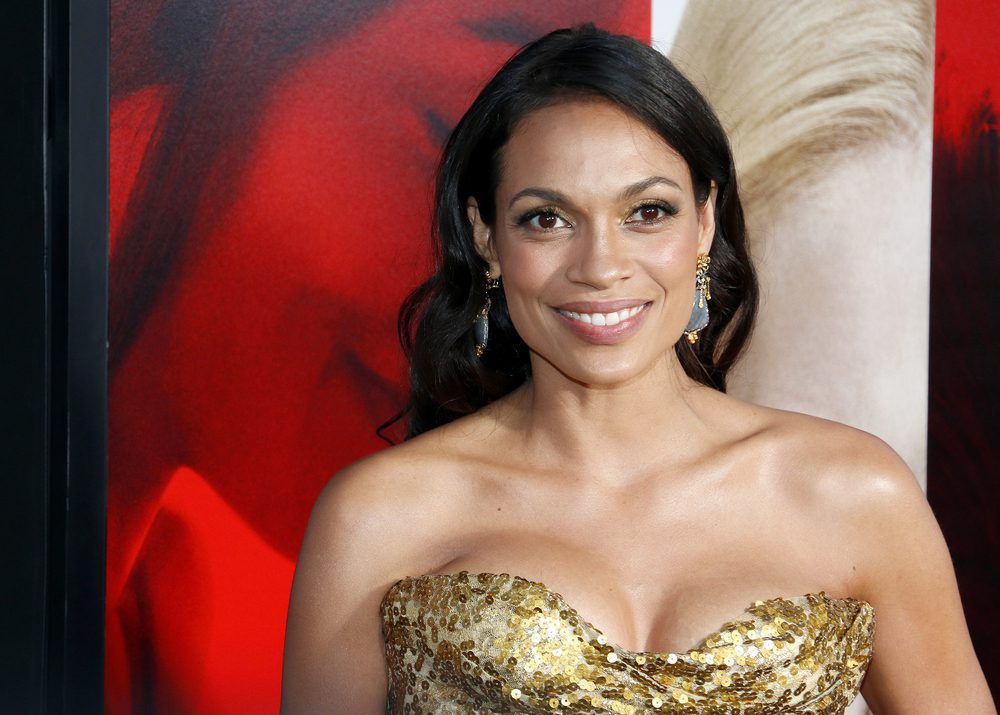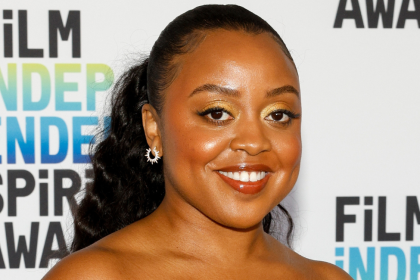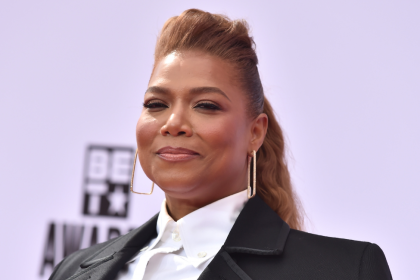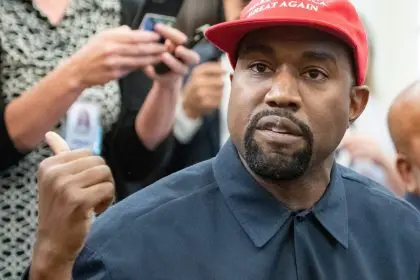A new public service campaign featuring Rosario Dawson, Chris Rock and Amy Schumer aims to combat AI-generated deepfakes that could deceive voters during the 2024 elections. The initiative by nonpartisan group RepresentUs stresses the importance of verifying voting information through reliable sources, particularly state secretaries of state.
The campaign video delivers a stark warning from Dawson: “If something seems off, it probably is.” This message gains significance as misinformation tactics grow more sophisticated. The featured celebrities highlight potential voter deception schemes, including fake messages about changed polling hours or new voting requirements.
“These are all scams designed to trick you into not voting. Don’t fall for it,” the campaign states. The video concludes with a reveal that some of the celebrities shown are actually deepfakes, demonstrating the technology’s potential to deceive.
AI’s growing impact
The advancement of artificial intelligence has sparked concerns about voter confusion. Experts caution that modern AI tools can produce convincing video and audio content that appears authentic, making false information easier to spread.
“We’re not going to stop this from coming into existence. But what we can do is make people aware that this is the new spam… especially in a critical period of democratic transition,” said Miles Taylor, a campaign organizer and former senior Department of Homeland Security official.
Recent incidents underscore these concerns. In January, AI-generated robocalls mimicking President Joe Biden’s voice urged New Hampshire voters to skip the Democratic primary. In another instance, a deepfake impersonating Ukraine’s former foreign minister conducted a Zoom meeting with a U.S. senator.
Strategic use of star power
RepresentUs CEO Joshua Graham Lynn said the campaign deliberately took a lighter approach using celebrities to engage viewers without causing alarm. The participating stars readily joined the effort, recognizing the urgency of reaching voters with this message.
Rather than attempting to fact-check countless false claims, the campaign focuses on providing verified voting process information.
Building defense networks
A coalition of more than 70 nonprofits has formed to help state and local election offices identify and counter false information before it spreads. This united effort aims to strengthen election authorities against the surge of misleading content, including deepfakes.
The threat appears immediate. In Wisconsin, voting rights advocates have requested investigations into anonymous text messages that seemed to intimidate college students from voting – despite students’ legal right to register at either their home or school address.
Protecting democracy
As election season intensifies, the campaign serves as a crucial reminder for voters to stay alert and rely on trusted sources. “No one should come between an American and their vote. Unfortunately, it’s safe to say people are going to try,” Dawson said.
The initiative’s timing proves critical as technology advances and misinformation tactics evolve. By promoting awareness and critical thinking, the campaign works to safeguard democratic processes and protect voting rights.

















